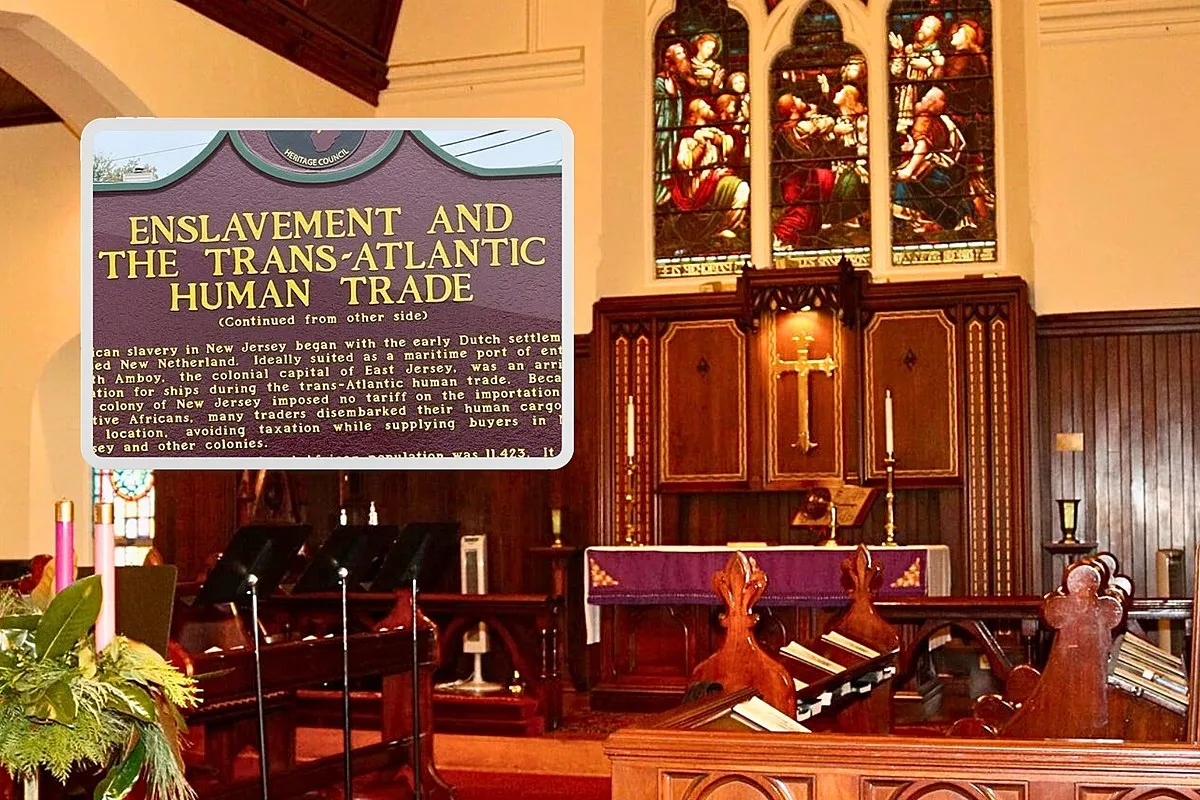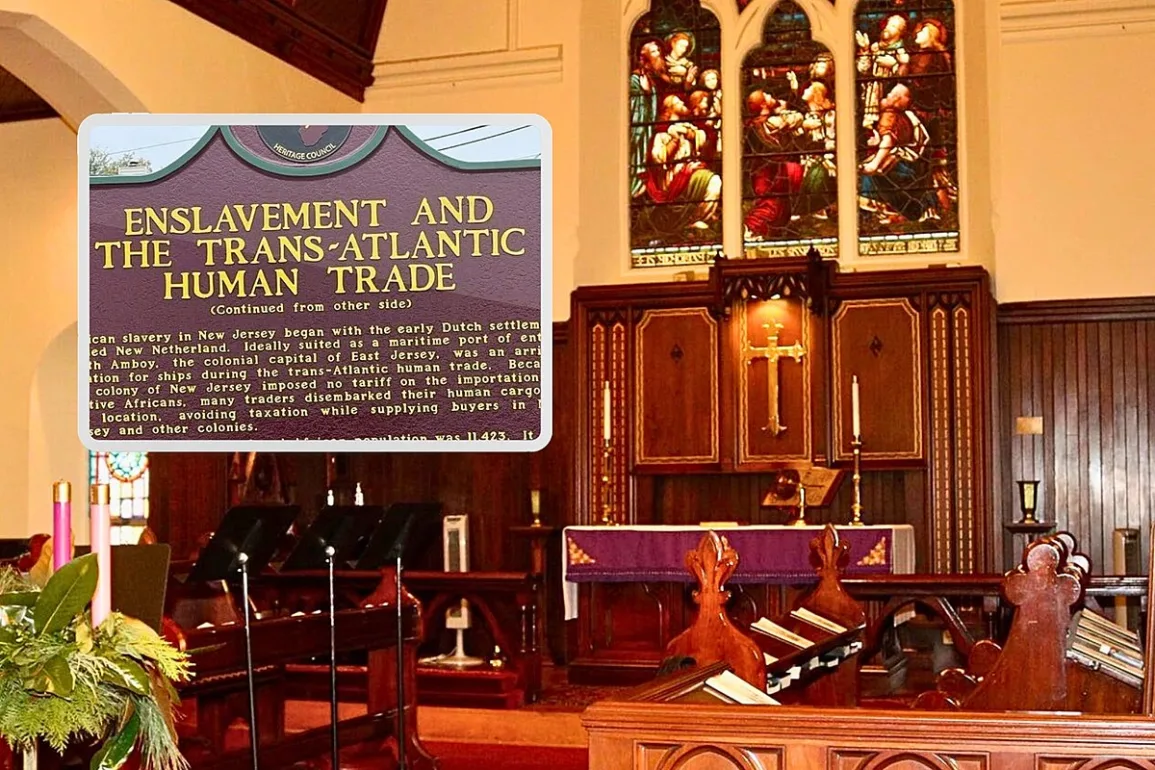
 NJ Reparations Council putting together report for 2025
NJ Reparations Council putting together report for 2025
 Organized religion perpetuated slavery, pastor said
Organized religion perpetuated slavery, pastor said
 New Jersey was last northern state to outlaw slavery
New Jersey was last northern state to outlaw slavery
Churches and organized religion in New Jersey benefited from slavery and should work to “repair” the damages caused by the slave trade, according to a Trenton pastor.
Speaking to the New Jersey Reparations Council, Rev. Charles Boyer, the senior pastor of the Greater Mt. Zion AME Church in Trenton, said
“There was a historical role organized religion played in the supporting of the slave trade,” Boyer said to the council.
The council was launched by the nonprofit New Jersey Institute for Social Justice on Juneteenth last year with support from public officials including U.S. Sen. Cory Booker and Newark Mayor Ras Baraka.
US Sen. Cory Booker (New Jersey Institute for Social Justice via Youtube)
It’s expected to release a report of recommendations on reparations in New Jersey in 2025.
Organized religion in NJ benefited from slavery
Involvement in the slave trade was not limited to one domination and listed the Presbyterian, Episcopal, Lutheran, and Catholic churches as examples, Boyer said to the Faith and Black Resistance committee.
Clergy and churches in New Jersey owned slaves, the reverend said. They also collected tithes from slave owners to support their endowments, according to Boyer.
“The wealth of these churches, which they still benefit from today, these denominations, these beautiful cathedrals, and these endowments which are in place which keep many of them alive, is inextricably intertwined with the slave trade,” Boyer said.
Trenton Rev. Charles Boyer (New Jersey Institute for Social Justice via Youtube)
The committee should explore how religious institutions that profited from and perpetuated slavery could look to “repair” their history, Boyer said.
“Thank you Rev. Boyer. That was exactly what I was hoping that you would bring to us today,” said Taja-Nia Henderson, co-chair of the reparations council and law professor at Rutgers.
“Slave state of the North”
The Garden State was once the “slave state of the North,” historian Elaine Buck said to NorthJersey.com.
Perth Amboy historical marker, NJ Institute for Social Justice via Facebook
At its peak, New Jersey enslaved more than 12,000 people. And in the 1830s, more than two-thirds of all northern slaves were enslaved in New Jersey.
MORE: Council Launches to explore paying reparations for slavery in NJ
New Jersey was also the last northern state to completely outlaw slavery; it wasn’t abolished in the state until 1866, after the end of the Civil War.
Report a correction 

LOOK: Famous actors from New Jersey
Gallery Credit: Stacker
These are the best NJ high schools for sports
Gallery Credit: Stacker
Report a correction 

LOOK: Famous actors from New Jersey
Gallery Credit: Stacker
These are the best NJ high schools for sports
Gallery Credit: Stacker



